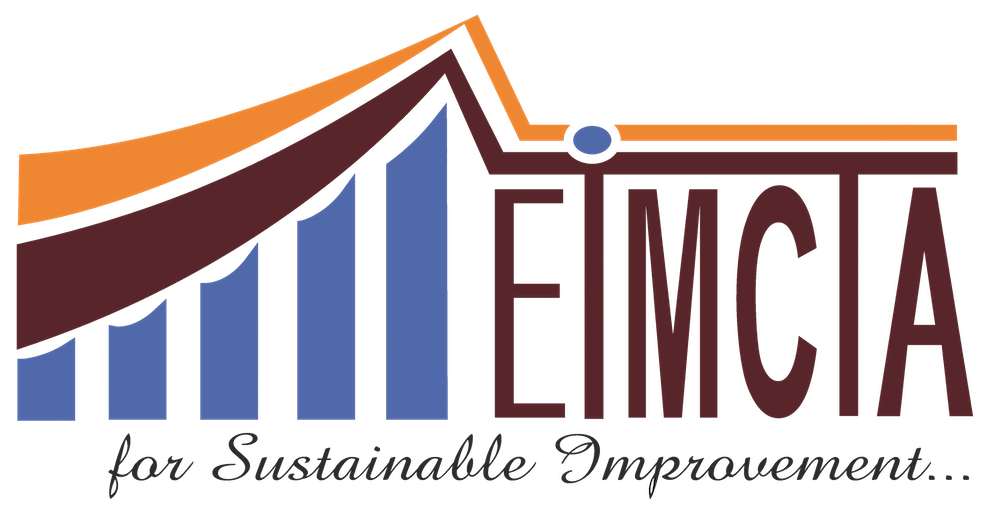The role of Person Incharge (PI#2) in a food establishment is critical for ensuring food safety and regulatory compliance. Here are the benefits and principles associated with the Person Incharge (PI#2) role:
Benefits:
1. Regulatory Compliance: The Person Incharge (PI#2) ensures that the food establishment complies with relevant food safety regulations, standards, and guidelines set by local health authorities and regulatory agencies. This helps prevent legal issues, fines, and penalties associated with non-compliance.
2. Accountability: PI#2 holds accountability for overall food safety management within the establishment. This responsibility encourages a culture of accountability among staff and fosters a commitment to maintaining high standards of food safety.
3. Risk Reduction: By overseeing food safety practices and implementing appropriate controls, PI#2 helps reduce the risk of foodborne illnesses, contamination, and other safety hazards. This protects consumers and safeguards the reputation of the establishment.
4. Employee Training and Education: PI#2 ensures that staff members receive proper training and education in food safety practices, hygiene, and sanitation. Well-trained employees are better equipped to handle food safely, minimizing the risk of incidents and errors.
5. Customer Confidence: Maintaining a high level of food safety standards instills confidence in customers, leading to repeat business and positive word-of-mouth recommendations. Customers are more likely to trust establishments that prioritize food safety and hygiene.
6. Operational Efficiency: Implementing efficient food safety management practices improves operational efficiency by reducing the likelihood of food spoilage, waste, and product recalls. This ultimately leads to cost savings and better resource utilization.
Principles:
1. Knowledge and Expertise: PI#2 should possess comprehensive knowledge and expertise in food safety principles, regulations, and best practices. They stay updated on industry developments, emerging risks, and regulatory requirements to ensure compliance.
2. Leadership and Communication: Effective leadership and communication skills are essential for PI#2 to convey food safety policies, procedures, and expectations to staff members. They lead by example and motivate employees to prioritize food safety in their daily tasks.
3. Training and Education: PI#2 is responsible for developing and delivering effective training programs tailored to the needs of the establishment. Training should cover topics such as food handling, hygiene, sanitation, allergen management, and emergency response.
4. Monitoring and Evaluation: PI#2 monitors food safety practices, conducts regular inspections, and evaluates performance to identify areas for improvement. They implement corrective actions and preventive measures to maintain high standards of food safety.
5. Continuous Improvement: Food safety is an ongoing process that requires continuous improvement and adaptation to changing circumstances. PI#2 fosters a culture of continuous improvement by seeking feedback, implementing best practices, and staying proactive in addressing food safety challenges.
